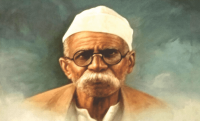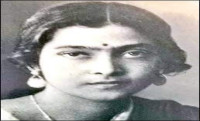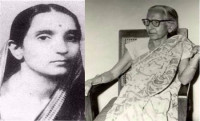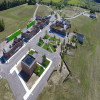Some lines on contribution of Maulana Abdul Kalam Azad in the revolution of india
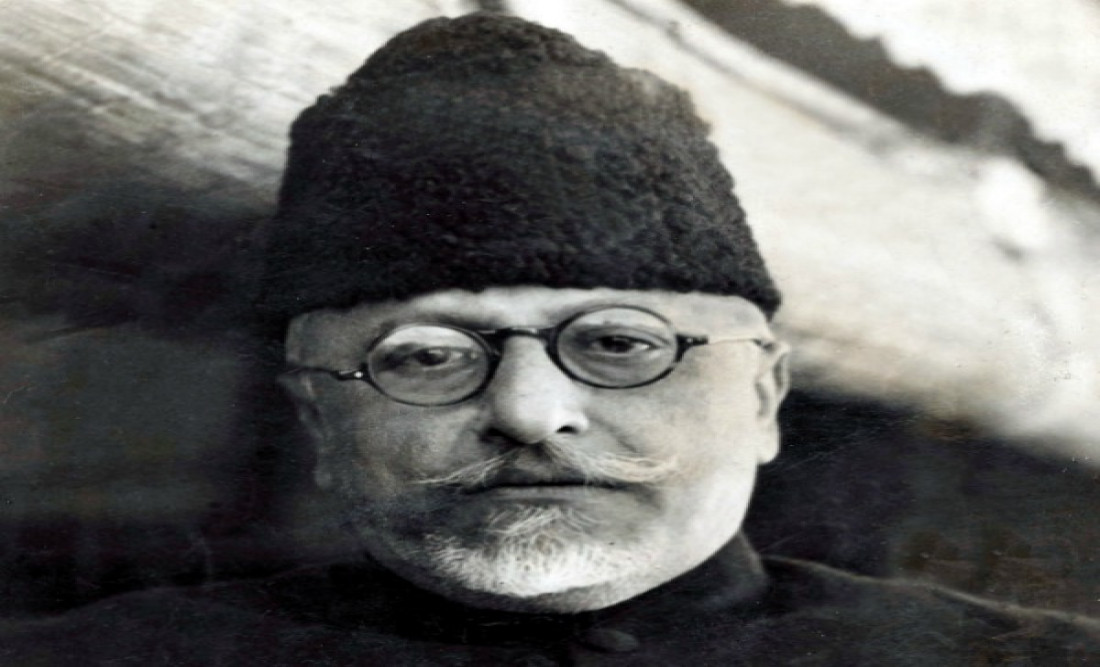
Maulana Abul Kalam Azad remained famous as Maulana Azad in the freedom movement. He was also a great scholar and poet. He was well versed in Arabic, English, Hindi, Urdu, Persian and Bengali languages. Being brought up in an orthodox family, his childhood education took place in the Islamic tradition. But later he learned Arabic and Persian and then studied Philosophy, Mathematics and English language etc. He visited Afghanistan, Iraq, Egypt, Syria and Turkey. He also met the exiled revolutionaries at Itauk. In Egypt he met Said Pasha and other revolutionary activists from the Arab country. All these encounters transformed him into a nationalist revolutionary.
On his return from abroad, Maulana Azad met two of Bengal's leading revolutionaries, Aurobindo Ghosh and Shri Shyam Sundar Chakraborty, and joined the revolutionary movement against British rule. Within two years, Maulana Abul Kalam Azad started secret revolutionary centers throughout North India and Bombay. At that time many revolutionaries were anti-Muslim because they felt that the British government was using Muslim society against India's freedom struggle. Maulana Abul Kalam Azad tried to convince his colleagues. In 1912, Maulana Abul Kalam Azad started a weekly Urdu magazine named 'Al Hilal' to increase the feeling of patriotism among Muslims. Al Hilal played an important role in promoting Hindu-Muslim unity after the estrangement between the two communities as a result of the Morley Minto reforms.
Maulana Azad was again arrested in 1930 for violating the Salt Act by being a part of Gandhi's Salt Satyagraha. He was kept in Meerut jail for one and a half years. He was a staunch opponent of Partition. The partition of India hurt him greatly and shattered his dream of a united nation.

Manoj Bhiva
Manoj Bhiva is a dedicated writer who loves to write on any subject. Manoj Bhiva maintains a similar hold on politics, entertainment, health, abroad articles. Manoj Bhiva has total experience of 3 years in web and Social. Manoj Bhiva works as a writer in Wordict Post.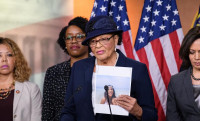
Congresswoman Alma Adams from North Carolina is found to have COVID-19
Posted on 15th Aug 2022
